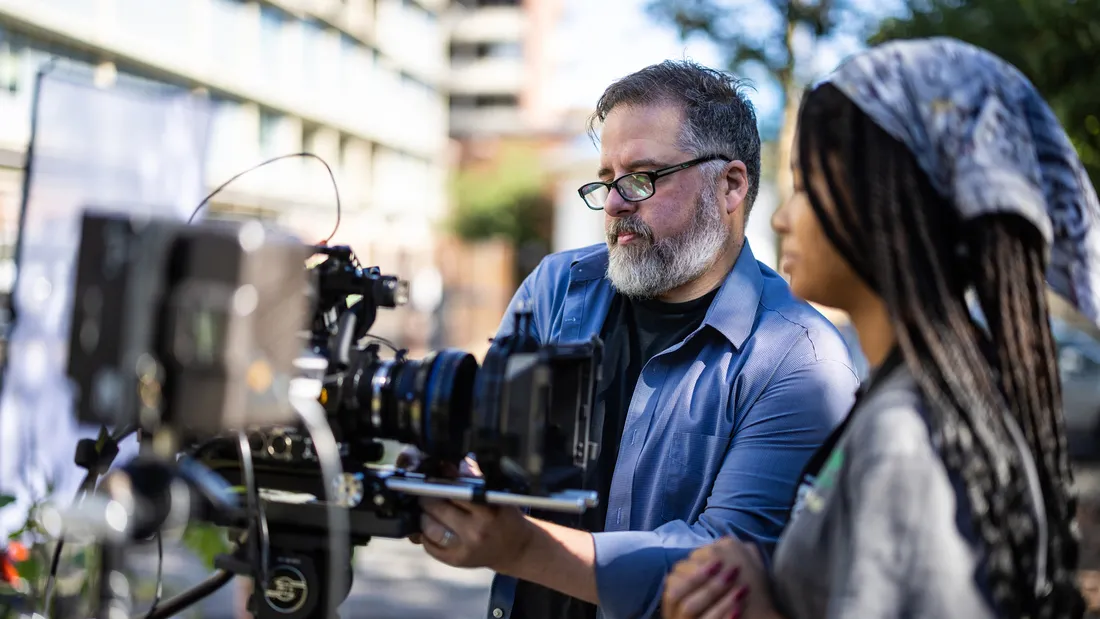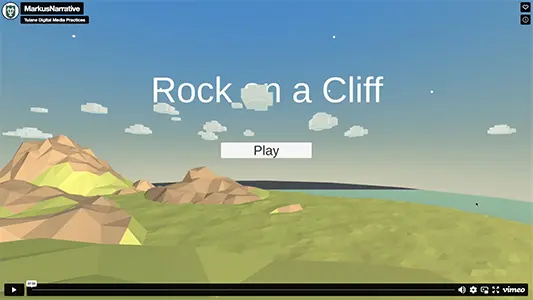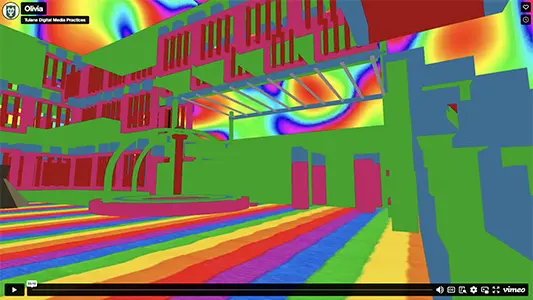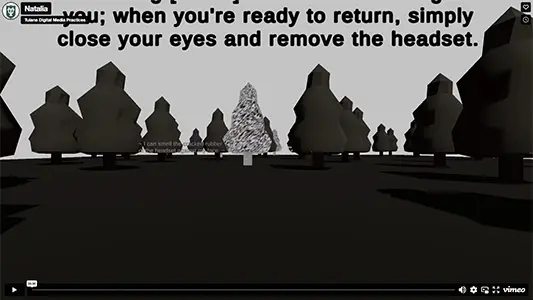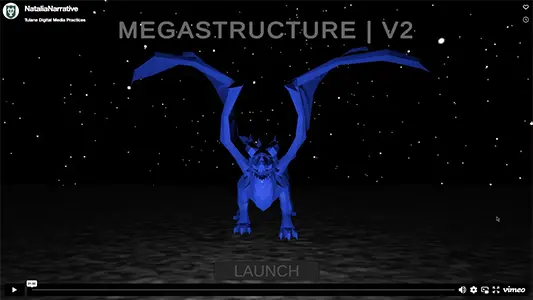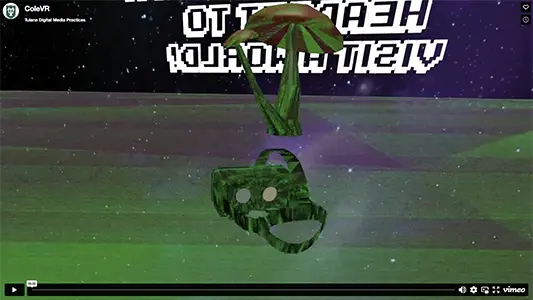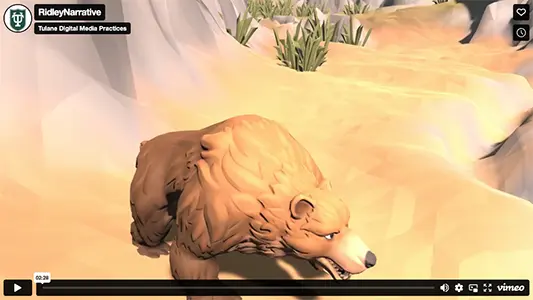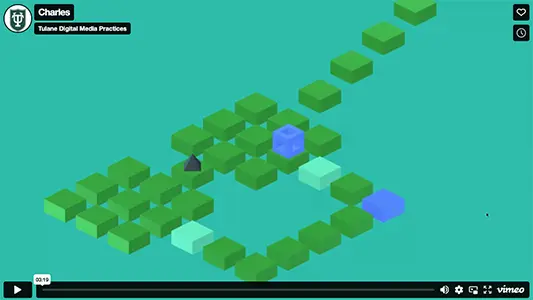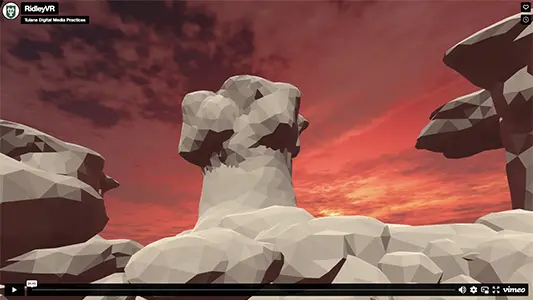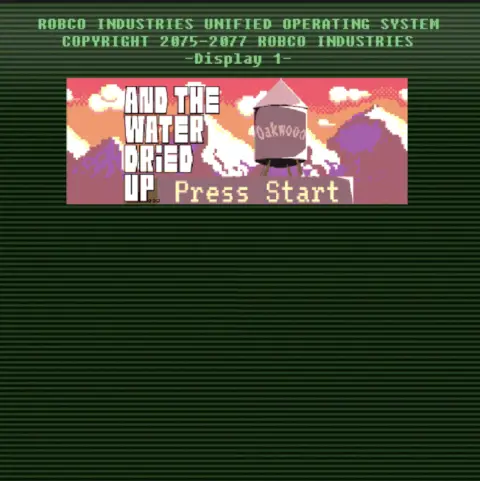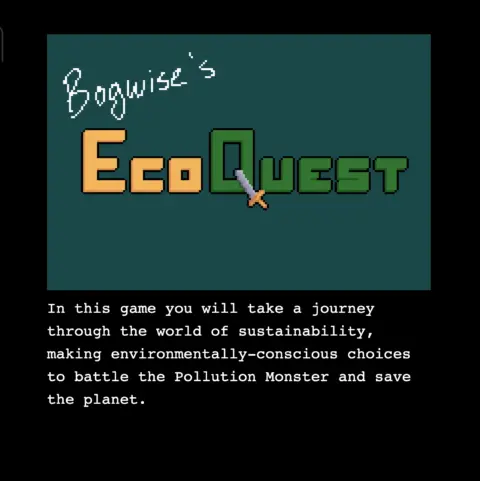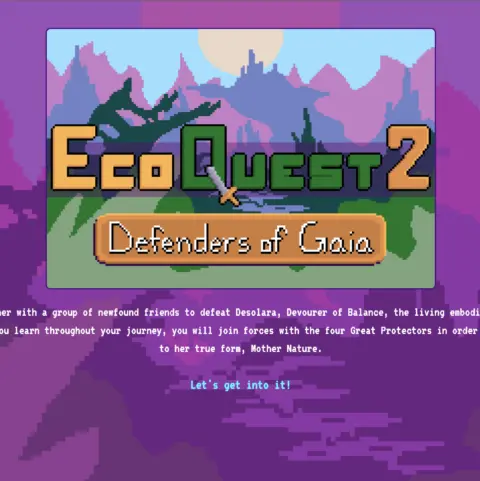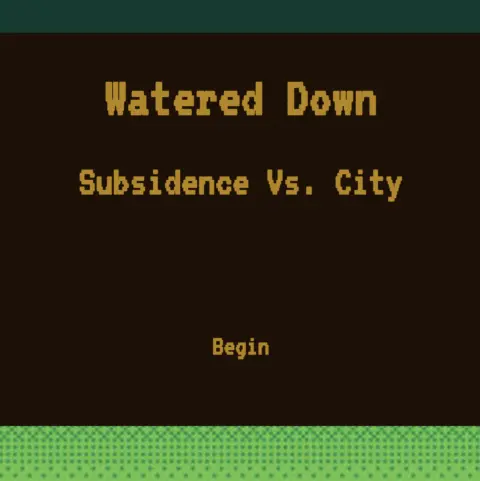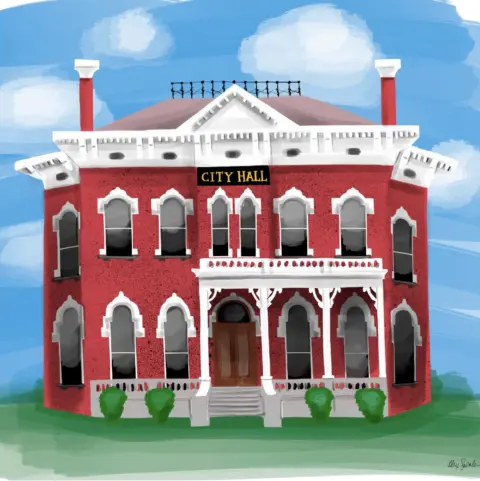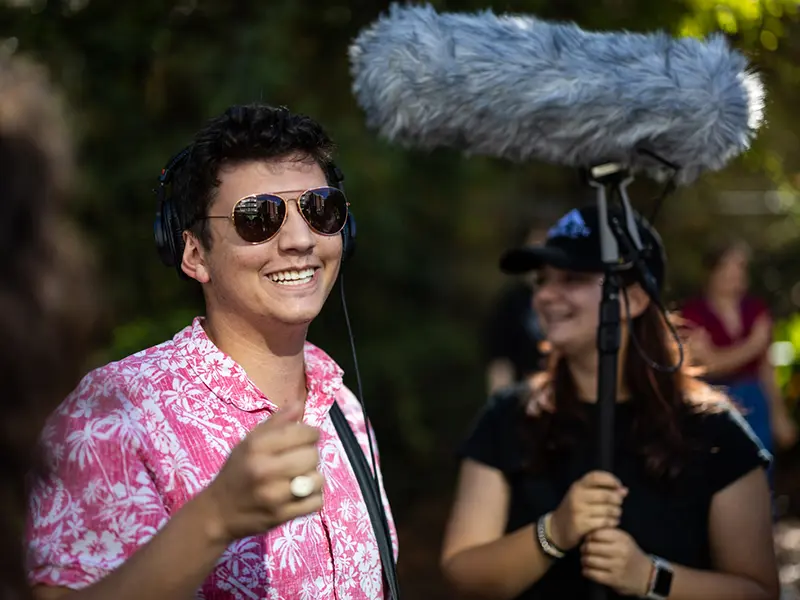
Filmmaking
Courses in the filmmaking pathway provide students with the training, practice, and expertise to become the media industry’s next producers, directors, writers, cinematographers, editors and sound recordists and mixers. At the core of the filmmaking pathway are storytelling principles that transcend genre.
Filmmaking
Our courses encourage students to inquire what makes media compelling and then gives them the technical skills to produce compelling media themselves. We urge students to approach the medium through a critical lens and to tell stories that matter, in the form of screenplays, scripted films, or documentaries. Students in the filmmaking pathway have access to our line of Sony cinema cameras, Zeiss prime lenses, and other industry-standard equipment. We teach AVID Media Composer and ProTools (students do not need prior experience with this software, as instruction on it begins in Introduction to Digital Filmmaking, our first filmmaking class). The capstone experience allows students to put their acquired skills to the test through the production of a 10-minute narrative or documentary short film. Students may begin the two-semester capstone sequence either spring semester junior year or fall semester senior year.
Core Filmmaking Classes
Please speak with your advisor about all of the filmmaking courses to chart a course that best supports your interests and growth as a filmmaker.
Introduction to Digital Filmmaking (DMPC 2001)
Sound and Image. From the most basic smartphone video to the Hollywood blockbuster, these two elements comprise all video production. If you have a smart phone, you probably already have significant experience with the dual roles of both video producer and also video consumer, though you may not think of it in those terms. Still, every time you either record or watch a video you are an active participant in the historic cycle of media production and consumption. With that in mind, this practical, hands-on course attempts to increase students’ awareness and understanding of the processes that go into the creation of video. The course is foundational to any further study in video production at Tulane. Topics include digital storytelling basics, essential cinematography tenets and techniques, introductory sound recording and mixing, and foundational editing skills.
Narrative Filmmaking (DMP 2002)
Narrative Filmmaking is a continuation of skills and techniques covered in Introduction to Digital Filmmaking. This course will introduce the student to the techniques of lighting, makeup, scheduling, budgeting, directing, and editing. This is a laboratory course in which a major portion of the student’s grade is based on his/her successful execution of several film production projects.
Documentary Filmmaking (DMPC 2003)
This practical workshop class will prepare students to develop, pitch, shoot, edit and submit a short documentary to a film festival. Students should be competent in the fundamentals learned in DMPC 2001 in order to get the most out of this class. During the semester, students will hone the skills necessary to improve their aesthetic, approach, and presentation as a non-fiction cinematographer, producer, or director.
Screenwriting (DMPC 3000)
To help you develop the creative and analytical thinking skills required of an effective screenwriter, this class will focus on learning format, narrative structure, and the overall mechanics of screenwriting, including the creation of original, complex characters and development of unique and compelling story and scene structure. As you write both a short film and possibly the first act (25-32 pages) of an original feature-length screenplay, we’ll develop the tools of idea generation and concept; understanding and incorporation of theme; plot, subplot, and character development. This class will be a workshop environment with all ideas, log lines, pitches, beat sheets, character bios, and outlines to be shared and discussed in class with constructive feedback and discussions to follow.
Advanced Digital Filmmaking I (DMPC 5550)
This advanced course focuses on the development and pre-production phases of your capstone project. The course is for second semester juniors or seniors only. You may not take this course early. The aim is to help you develop your ideas, complete your script or proposal, hone your directing/project management skills, and prepare you for a smooth production. This class is appropriate for students wishing to produce or direct a short narrative or documentary film. If you would like to write a feature length screenplay or produce a multi-episode podcast series or radio drama, an interactive media exhibition, an experimental video game or a combination of all these elements, please speak with your DMP advisor about the best capstone pathway for you.
Advanced Digital Filmmaking II (DMPC 5560)
This advanced production and post-production course must immediately follow DMPC 5550, as it supports the creation of DMP majors’ capstone film projects. Students begin the semester with production on their projects: shot over the course of three consecutive days, using DMP equipment. The remainder of the semester will be spent in the post-productive phase, as students hone and edit their stories into compelling short films or other digital works. Ultimately, their polished films are exported for exhibition at the Prytania Theater, or another public venue, in a celebration of student creativity and productivity. The projects students undertake in DMPC 5560 must be those “greenlit” in the DMPC 5550, Capstone 1 course. If a student decides to radically alter their project, they must re-submit a new Production Binder detailing their plans for the new film.
Advanced Screenwriting (DMPC 5570)
Students may choose to write a feature screenplay for their capstone project. They can do this instead of directing a film or in addition to directing a short film (through the 5550/5560 course sequence). For students wishing to take this path, you must first take DMPC 3000 Screenwriting, and you still need to take 10 courses to complete the major.
To view all Digital Media Practices course offerings, view the University Catalog.
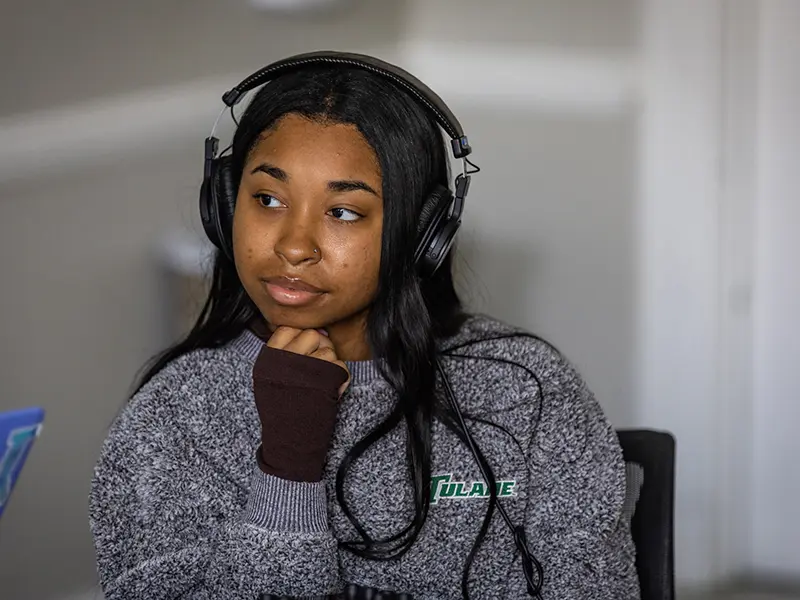
Podcasting
Courses in the podcasting pathway provide students with training and tools to produce compelling short-form, long-form, and experimental podcasts. Essential to this training is sustained critical inquiry into the aesthetic, cultural, and economic dimensions of audio-first storytelling—from Depression-era oral histories to the latest trends in podcast programming.
Podcasting
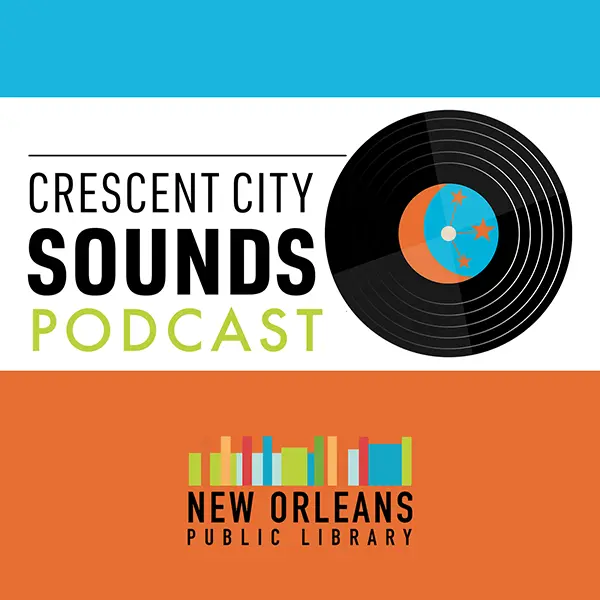
Throughout their course of study podcasting students will also develop and cultivate skills using advanced audio recording equipment, leading-edge editing software, and multiple distribution platforms. By the time they complete their senior capstone project, podcasting students will have developed both a competitive creative portfolio and deep appreciation for the constraints and capacities of the audio-first podcasting form.
Students in Podcasting Production II produce podcasts in partnership with the New Orleans Public Library’s music streaming service, Crescent City Sounds (crescentcitysounds.org). These podcasts explore the music and lives of New Orleans musicians whose work is featured on the Crescent City Sounds website. Each episode of the Your New Favorite Song podcast spotlights and celebrates a single track from a CCS featured album. Episodes of the Your New Favorite Artist podcast features conversations with artists, live performances, and more.
Core Podcasting Classes
Intro to Podcasting & Social Justice (DMP 2700)
This course investigates the historical, political, and technical dimensions of podcasting as a technology for advancing social and economic justice in the United States and across the world. We will explore pertinent theories of sound, genre, and storytelling while learning some of the fundamentals of podcast production. We will also explore the work of engaged advocates and organizers who podcast. By the end of the course, participants should have a good understanding of the place of podcasting in the contemporary political landscape, as well as working familiarity with audio editing software like Adobe Audition. Material produced in this course may be used as a foundation for work in subsequent Podcasting courses as such courses are made available. This is a three credit-hour course.
Podcast Production I (DMP 2710)
In this course, we will develop intermediate skills with all components of the podcast production process. We will do so through producing, recording, editing, mixing, and revising audio-first content in several different modalities. These efforts will be bolstered by engagement with cutting-edge scholarship in podcast studies and sound studies throughout the semester. By the end of the course, students will have enhanced competencies as both practitioners of podcasting and theorists of sound.
Podcast Production II (DMP 3710) – Service Learning
Students in this course will develop advanced skills with all elements of the podcast production process, by recording, editing, and mixing audio-first podcasts for the New Orleans Public Library’s Crescent City Sounds project. By the end of the course, students will have developed advanced competencies as both practitioners of podcasting and theorists of sound.
To view all Digital Media Practices course offerings, view the University Catalog.
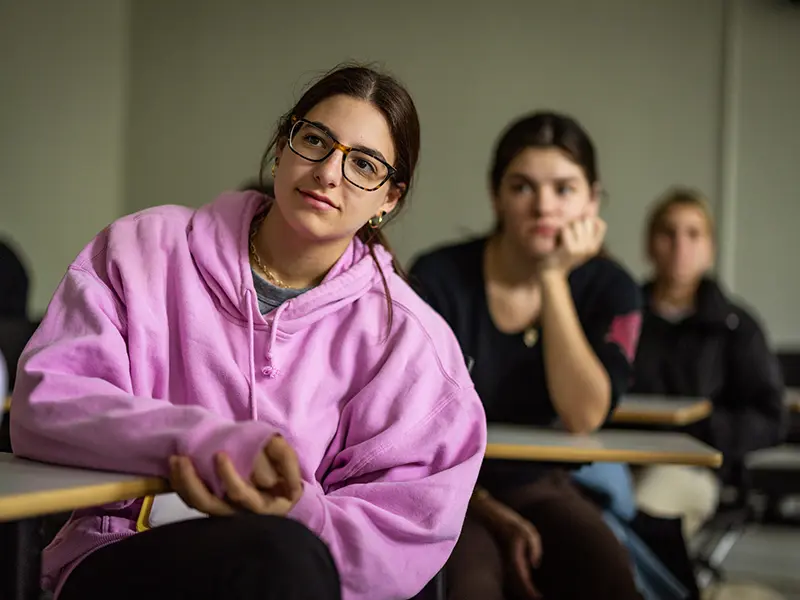
Games & Interactive Media
The games interactive media pathway involves students using an interdisciplinary, personal, educational and experimental approach to game making and creative coding. Students will use the Unity game engine for independent game making and the open source JavaScript library p5.js for creative coding on the internet.
Games & Interactive Media
While making games and interactive experiences, students will also be exposed to critical and experimental approaches to games and coding through readings, playing games and interactive websites, discussions and screenings. These readings and projects are intended to incite an active and critical perspective on contemporary game and coding practices in art, design and digital interfaces. Students who choose this pathway will ultimately create a multimedia interactive application (games, websites, etc.) for their senior capstone project.
Core Games & Interactive Media Classes
Game Studio 1: Experimental Game Design (DMPC 2510)
Video games are a major part of the entertainment industry and a vital part of many people’s lives. Open source and free to use programs have made it easier for individuals outside of the game industry to make poetic, personal, political, critical and revelatory games. In this class, we will be looking at tools for independent game making (Unity) to ultimately create mini 3D video games of our own. While we are learning to make games, we will also explore different game genres while analyzing games in order to gain an understanding of their frameworks and programmatic strategies. The readings in this course are intended to incite an active and critical perspective on contemporary game practices in art, digital interfaces, game culture and the game industry.
Game Studio 2: VR and Narrative in Games
In this class, we will be expanding on the skills we learned from Experimental Game Design and look at different frameworks for creating interactive, personal, immersive and narrative driven games using the game engine Unity.
In addition to narrative games, we will be looking at virtual reality (VR) using the Index Valve VR system and motion capture using the Rokoko Vision and Mocap suit. VR is a burgeoning space for experimentation, and we will be making small VR experiences for PC and uploading them to the social VR platform VRChat. Motion capture allows for real-time applications using game software, such as in theatrical performances, musical performances, architectural projection, etc. as well as options for generating custom animations for avatars in games.
We will also explore, play, and analyze different narrative driven games and VR applications in order to gain an understanding of their frameworks and programmatic strategies. The readings and lectures in this course are intended to incite an active, experimental and critical perspective on contemporary game practices in art, digital interfaces, game culture and the game industry.
Personal Data Visualization (DMPC 2600)
We produce caches of data within our networked lives, from social media interactions to mass surveillance systems, mostly to the benefit of corporate or state entities. These data sets also reveal a story about us, although sometimes abstract and obfuscated. Through a combination of lectures and workshops, we will explore how data has been used, both historically and contemporaneously, to control, manipulate and influence the body and how artists, writers and activists have responded to issues of privacy, representation, gender and identity. We will look at how our physical, social and personal digital presence is reduced to data, surveilled and analyzed through our online behavior, mobile devices, CCTV, 3D scanning, computer vision and machine learning algorithms. Throughout the semester, students will learn how to code for the web while collecting and visualizing data about themselves to form a personalized narrative about how they interact with these spaces and how these spaces might see them.
Topics include media consumption, surveillance, climate change/global warming, labor, the anthropocene, intimacy, sustainability, and how the physical body fits into the increasingly digitally networked world.
No coding experience is required for this class
Intro To Game Studies (DMPC 2500)
This course offers an exploration of games as media and investigates methods by which game authors and writers extend the visual traditions and conceptual ideals of contemporary media theory and visual communication into the gaming medium. Games represent a rapidly emerging medium, the history of which must be analyzed through the lenses of art history, representation, new media studies, and game studies in order to be fully contextualized. Students will explore different game genres while analyzing and playing games in order to gain an understanding of their frameworks and programmatic strategies. The readings and lectures in this course are intended to incite an active and critical perspective on contemporary game practices in art, digital interfaces, game culture and the game industry. There will be a focus more on independent game designers and artists and different strategies for gaming, such as VR, internet based games, personal narratives and machinima.
Educational Game Design
This course focuses on game design for education
To view all Digital Media Practices course offerings, view the University Catalog.
Equipment
- 2 gaming PCs
- Rokoko Motion Capture Suit
- 2 Valve Index VR rigs
- 1 Meta Quest VR headset
Projects
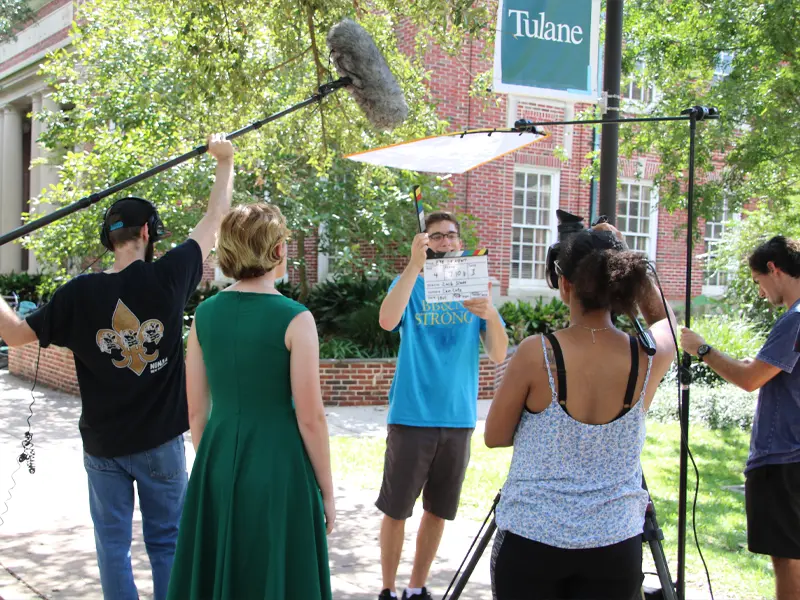
Sound
The Sound Practice Pathway is designed for students passionate about harnessing sound as a practical tool and an expressive medium. This pathway offers a comprehensive foundation in audio technologies, storytelling through sound, music production, sound design, and audio-focused interactive programming. Students in this program frequently collaborate on projects within the broader Digital Media Practices Major, fostering interdisciplinary learning and creativity.
Sound
The sound pathway supports students in the study and creation of sound for film and television. Our courses focus on the techniques and practice of recording high quality sound. We then teach the professional software to mix and master those sounds into a compelling soundscape. Our sound pathway pairs well with Podcasting in DMP or a Music Science and Technology double major.
Core Podcasting Classes
TV & Film Sound Design (DMPC 3030)
Professional, high quality sound design practices in narrative film are analyzed and implemented in this course. This hands-on experience will explore techniques of recording, mixing, processing, synthesis, sampling, and analysis of digital audio with emphasis on the fundamental elements of producing, designing and editing sound specifically for the moving image. Topics to be covered include microphone techniques, field and studio recording, stereo and 5.1 surround sound distribution, and Foley and ADR techniques. Students will collaborate in designing the sound for the Senior films.
The Creative Soundscape (APMS 3340/MUSC 6430)
This course introduces students to approaches of art and research that consider environmental sound. Students will learn technical skills, develop compositional processes, and engage with theoretical perspectives to inform the generation of original creative works, ranging from composed and improvised musical pieces to podcast episodes and radio dramas. Topics covered will include frameworks for environmental acoustics including ontologies of sound; listening practices; field recording; microphone technique; compositional strategies; audio editing and creative audio processing; spectral analysis; sonification; and more.
Music for Film (APMS 3330)
This course provides both critical analysis of music and sound for film as well as practical approaches to the medium. Students will complete a research project, several production projects, including scoring original music and sound for a scene from a short film (or an excerpt). There will be some technical instruction and time to work in class, but students must be prepared to learn to use software and work on projects outside of class as well. Project grades will be based on effort, originality, and technical proficiency.


